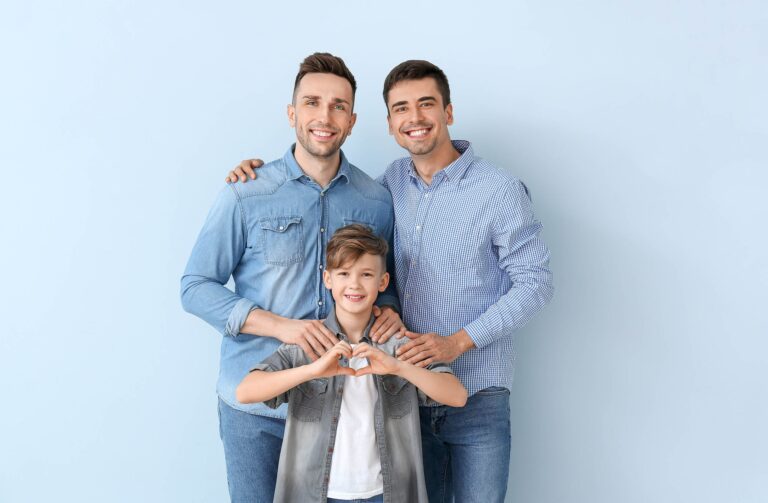Same-sex couples around the world have been seeking to adopt children for decades, but the road hasn’t always been easy, and many roadblocks prevent LGBTQ+ couples from providing safe and loving homes to children who need them.
A Barron’s report indicates that less than 40 countries allow same-sex couples to adopt children. These countries are most often the same countries that allow same-sex marriage or civil partnerships.
The Netherlands made history in 2001 as the first country in the world to allow same-sex couples to adopt. Now around 22 European countries have done so, along with nine countries in the Americas, as well as South Africa, New Zealand, Australia and Taiwan.
Despite same-sex couples having the ability to adopt in these countries, there remain many bridges to cross to become parents. Still same-sex couples are around seven times more likely to raise adopted or fostered children than their heterosexual counterparts, according to UCLA’s School of Law Williams Institute. The same study finds that children of LGBTQ+ parents fare just as well as children of heterosexual parents.
Besides adoption, many same-sex couples may opt to try to have their own children through fertility interventions. For gay men, this may mean one partner’s sperm is used to fertilize a surrogate mother. For lesbian couples, one partner will carry the pregnancy after fertilization with a sperm donor.
In 2022, New Family Social analyzed data from the England’s Department of Education and found that more than one in six adoptions in England were granted to same-sex couples. This record ratio is a 17% increase from 2021, and a jump from a 2011 survey that found just one in 31 adoptions were with same-sex couples.
Though many countries where same-sex marriage is legal also allow access to fertility treatments, there are some places where methods like surrogacy are restricted.
Currently in Poland, Italy, France, Austria, Germany, Sweden, Norway, Switzerland surrogacy is banned by law. However, citizens can search for surrogacy opportunities outside the borders of these countries. Despite many of these countries being renowned for their progressive policy, the right to LGBTQ+ parenthood remains up in the air. Earlier this year, Greece legalized same-sex marriages, but LGBTQ couples there are still blocked from access to assisted reproduction methods.
Surrogacy and many fertility treatments for gay couples have seen bans all over the world including India, Cambodia, Laos, Thailand, Nepal, and more, according to Coastal Fertility. Countries where surrogacy for LGBTQ+ people is legal include the U.S., Mexico, Australia, Colombia, Canada and some European countries.
Beyond the issue of legality, fertility treatments are also limited by lack of healthcare coverage. Many health insurance agencies don’t provide fertility coverage for same-sex couples, forcing couples who want to utilize assisted reproduction methods to pay hefty fees out of pocket.


